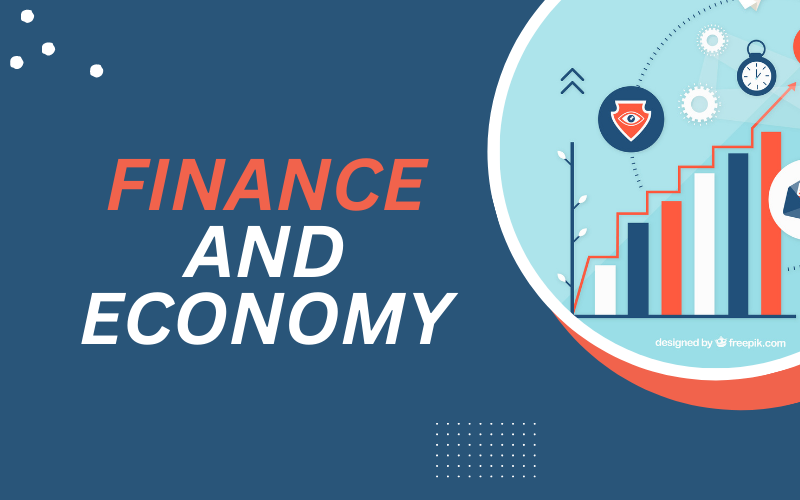Introduction
The generation, management, and analysis of money and assets are all included under the phrase “finance.” It entails making investments, purchasing securities, employing credit and debt, and using predicted income flows to finance ongoing projects. Finance is strongly tied to the time value of money, interest rates, and other related topics since it has a temporal component.
In the 1940s and 1950s, with the contributions of authors like Harry Markowitz, William F. Sharpe, Fischer Black, and Myron Scholes, to mention a few, finance emerged as a subject of theory and practise apart from economics. Certain aspects of finance, including banking, lending, and investing, as well as money itself, have existed in some capacity ever since the birth of civilization.
“Finance” is typically broken down into three main categories: Public finance is regarded as including taxation structures, government spending, budgeting procedures, stabilisation measures, debt issues, and other governmental challenges. Corporate finance includes managing a company’s assets, liabilities, revenues, and debts. Personal finance is the umbrella word for all financial decisions and actions taken by an individual or household, including retirement planning, budgeting, saving for a down payment on a property, and buying insurance.
Types of Finance
You can share your views on finance and related topics on Write For Us Finance category. The types of Finances are-
- Public Finance
Public finance describes how various governmental and quasi-governmental organisations manage a country’s income, expenses, and debt load. This course provides a broad overview of public finance management, outlines its various components, and clarifies how to understand all the numbers. The financial position of a nation can be assessed similarly to how financial statements of a company are analysed.
- Corporate Finance
Corporate finance is a branch of finance that focuses on the funding, capital structure, accounting, and investment decisions that organisations make. Corporate finance typically seeks to maximise shareholder value by employing a variety of strategies including long- and short-term financial planning. Tax planning and capital investments are just two instances of company finance activities.
- Personal Finance
The management of your finances, which includes saving and investing, is known as personal finance. It encompasses banking, insurance, mortgages, investments, and financial planning for retirement, taxes, and estates. The word is widely used to refer to the entire industry that delivers financial services to individuals and households as well as investment advice. Your unique aims and desires, as well as a strategy to achieve those needs within your resources, will all have an impact on how you handle the aforementioned issues.
The Bottom Line
Since humans are naturally expectant beings, most of their actions are driven by a desire to satisfy these needs through the acquisition of essentials. Money has been arbitrarily selected as that object of desire in the modern era. Money, which has a monopoly over both urban and rural areas, controls everything. Then, money drives the financial industry. The term “finance” acts as a catch-all for a variety of aspects of money and is broadly described as the study of the creation, management, and research of money, money, and capital assets.




